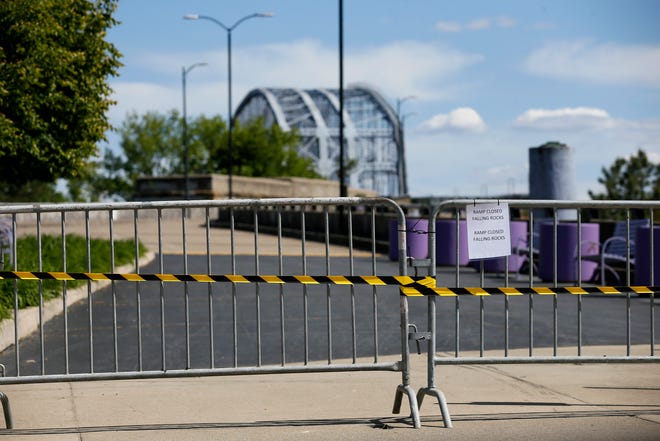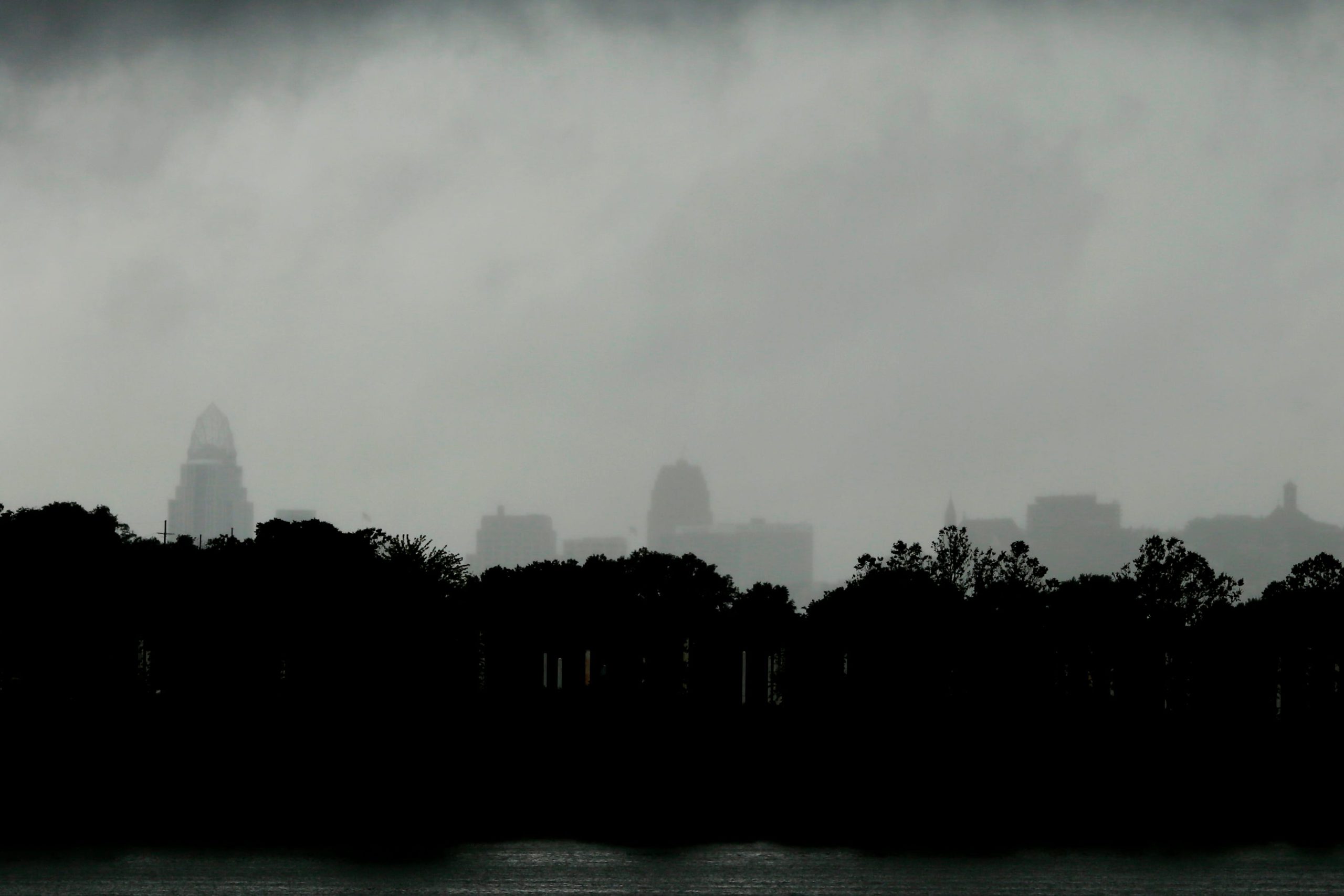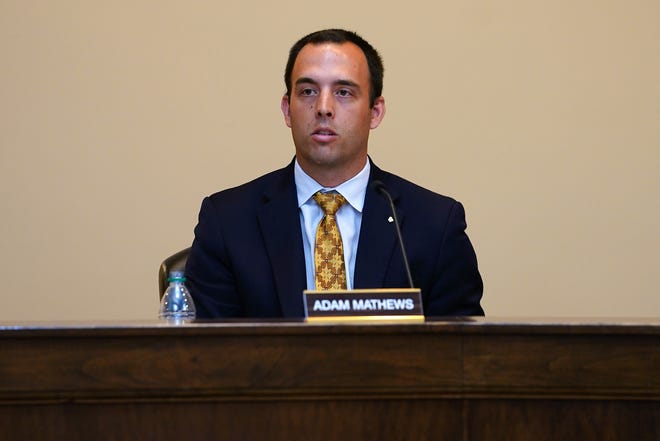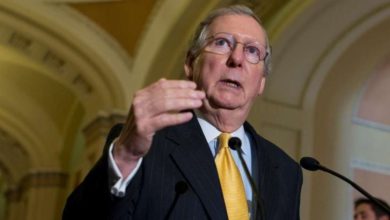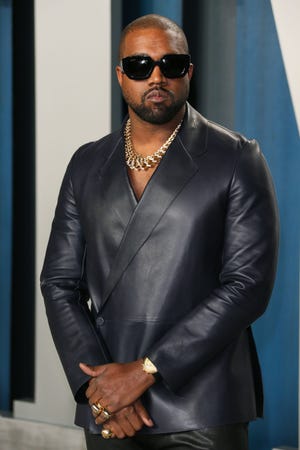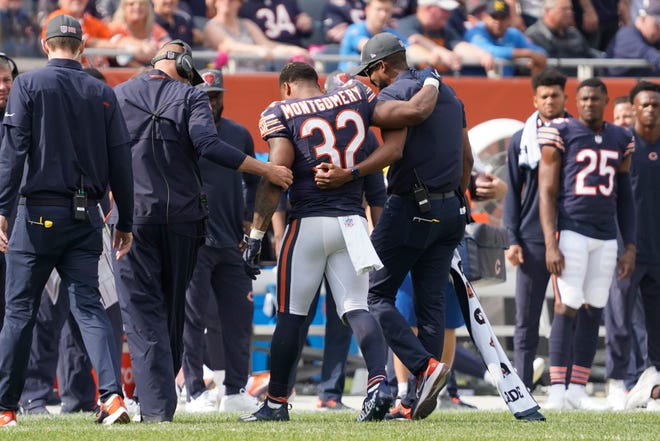
WASHINGTON – The Supreme Court on Tuesday denied Sen. Lindsey Graham's effort to temporarily pause a subpoena from a grand jury in Georgia that is probing the Republican senator's involvement in the state following the 2020 presidential election.
Graham, a South Carolina senator and close ally of former President Donald Trump, asked the Supreme Court to intervene to block the subpoena, asserting that his efforts in Georgia were part of his official duties and were therefore shielded from questioning.
The court handed down its decision in a brief unsigned order with no noted dissents.
Graham premised his argument on the speech or debate clause of the Constitution, which admonishes that lawmakers "shall not be questioned in any other place" for remarks made in Congress. The idea is to shield lawmakers from questioning or prosecution based on their work for the legislative branch. Graham has maintained that his contacts in Georgia after the election were related to his work as a senator.
More:Chief Justice Roberts grants Trump temporary hold in dispute over tax returns
Stay in the conversation on politics: Sign up for the OnPolitics newsletter
Responding to the emergency appeal, Fulton County District Attorney Fani Willis stressed that the speech or debate clause is only intended to protect "activities which are connected to actual legislative acts of the congressional member." County prosecutors said federal courts would monitor the questioning and that Graham would be immune from any questions connected to his legislative activities.
The grand jury is seeking testimony from Graham regarding calls he made to Georgia Secretary of State Brad Raffensperger in November 2020.
In its order Tuesday, the Supreme Court said that lower courts had already made clear that Graham couldn't be questioned about his official legislative duties and that he could bring any disputes over the questioning back to court if needed.
"Accordingly, a stay or injunction is not necessary to safeguard the Senator’s Speech or Debate Clause immunity," the court said.
Graham's office issued a statement that said the senator's legal team "intends to engage" with the district attorney "on next steps to ensure respect for this constitutional immunity."

Raffensperger said Graham suggested Georgia could discard a large number of mail-in ballots for President Joe Biden, according to news reports. Graham has denied those allegations. "Almost immediately after the calls became public knowledge, there was considerable public dispute among the participants as to what precisely Senator Graham had said during the calls," Fulton County prosecutors told the high court.
Associate Justice Clarence Thomas, who handles emergency appeals from Georgia, had put the subpoena on hold long enough for both sides to present their written arguments in the case to the Supreme Court.
A three-judge panel of the U.S. Circuit Court of Appeals for the 11th Circuit ruled last week in favor of the Fulton County district attorney.
Source link


